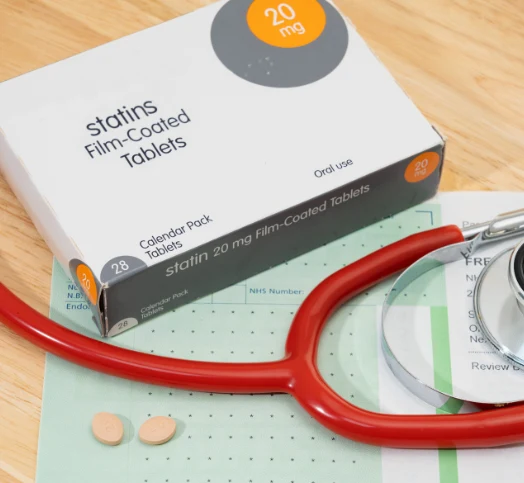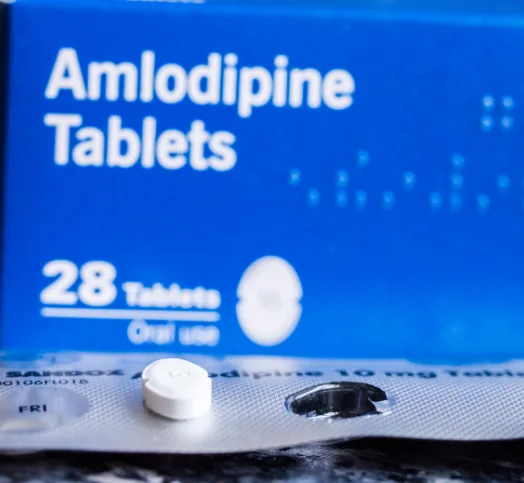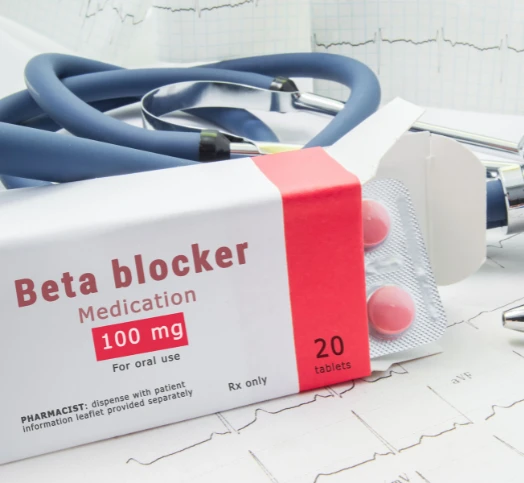When most people think of gout, they imagine a painful, swollen big toe. But what if this common form of arthritis has more to do with your heart than you might expect?
What Does Gout Have in Common with Your Heart?
Over the past decade, researchers have been uncovering important links between gout, inflammation, and heart disease. More recently, the medication often used to treat gout — colchicine — is being studied for its potential role in preventing heart attacks and improving outcomes in people with cardiovascular disease. Let us explore how this ancient remedy is finding new life in modern cardiology.
A Quick Look at Gout
Gout is a type of arthritis caused by a buildup of uric acid in the blood. When uric acid levels rise too high, it can form crystals that deposit in joints, leading to sudden episodes of pain, redness, and swelling.
Gout has long been associated with dietary factors, alcohol intake, and other conditions such as high blood pressure and kidney disease. Interestingly, these same factors are also linked to an increased risk of heart disease.
The Common Thread: Inflammation
The key connection between gout and the heart lies in inflammation. Both gout and cardiovascular disease involve an overactive inflammatory response. In fact, inflammation plays a major role in the formation and rupture of plaques in coronary arteries — the main cause of heart attacks.
When a plaque ruptures, it triggers the body’s immune system, much like an attack of gout does. This inflammation can lead to clot formation and blockage of the artery. Understanding and targeting this process has opened new doors for heart disease treatment.
Colchicine: An Old Drug with New Potential
Colchicine has been used for centuries to treat gout. It works by calming the body’s inflammatory response, particularly by inhibiting the activity of white blood cells.
In recent years, researchers have asked: if colchicine can reduce inflammation in gout, could it also reduce inflammation in the arteries and prevent heart attacks?
The answer appears to be promising.
Colchicine and Pericarditis
Colchicine has been a mainstay in the treatment of pericarditis, a condition where the lining around the heart becomes inflamed. This can cause sharp chest pain that worsens with deep breaths or lying flat. Pericarditis may follow a viral illness, occur after heart surgery, or result from autoimmune conditions.
How It Works
In pericarditis, the aim of treatment is to reduce inflammation and prevent recurrence. Colchicine works by interrupting the inflammatory process, limiting the activity of white blood cells that drive the symptoms. Its effectiveness is supported by multiple clinical trials and international guidelines.
Typical Dosage and Treatment Routine
For acute pericarditis, colchicine is usually prescribed as:
- 0.5 mg twice daily for people over 70 kg
- 0.5 mg once daily for those under 70 kg or with lower tolerance
This is typically continued for three months in acute cases. In recurrent pericarditis, treatment may extend to six months or longer.
Colchicine is often given alongside nonsteroidal anti-inflammatory drugs (NSAIDs) such as ibuprofen to provide quicker pain relief during the early phase.
It is important to take colchicine with food to reduce the chance of stomach upset and to avoid grapefruit juice, which can interfere with how the drug is processed in the body.
Adverse Effects to Watch For
Colchicine is generally well tolerated, but side effects can occur. The most common include:
- Gastrointestinal symptoms, such as diarrhoea, nausea, or cramping
- Fatigue or muscle aches
- Changes in white blood cell count or mild liver enzyme elevation (uncommon)
Those with kidney or liver disease may need a lower dose or closer monitoring.
Colchicine should be used cautiously with certain other medications, especially those that interfere with liver metabolism or affect the same transport proteins. If symptoms like ongoing diarrhoea, muscle pain, or signs of infection develop, medical review is important.
Colchicine in Coronary Artery Disease
Large clinical trials such as COLCOT and LoDoCo2 have explored the role of low dose colchicine in people with coronary artery disease. These studies showed that colchicine, when taken regularly, can significantly reduce the risk of heart attack, stroke, and the need for urgent procedures.
Importantly, these benefits appear to come without increasing serious side effects for most people, making colchicine a simple and affordable option for reducing cardiovascular risk.
What About Plaque?
One of the most exciting developments in this area is the potential role of colchicine in modifying atherosclerotic plaque — the fatty, inflamed buildup in the arteries. By reducing inflammation, colchicine may help stabilise plaques, making them less likely to rupture.
This has become a central idea in preventive cardiology: not only lowering cholesterol, but also calming inflammation to protect the arteries.
Who Might Benefit?
While colchicine is not yet routinely prescribed for everyone with heart disease, it is being considered for people who have already had a heart attack or who have persistent inflammation despite other therapies.
Your doctor may discuss this option with you if you are at high risk or have ongoing symptoms that could benefit from anti-inflammatory treatment.
Conclusion
The link between gout and heart disease may seem surprising at first, but it highlights an important truth — the body is interconnected, and inflammation does not limit itself to one area.
Colchicine, once a remedy for gout, is now proving to be a valuable tool in the cardiologist’s toolkit. Its role in treating pericarditis is well established, and its potential to prevent heart attacks and stabilise plaque continues to generate global research interest.
As always, speak with your healthcare provider before starting any new medication. Colchicine is not suitable for everyone, but for many, it may offer another layer of protection in maintaining heart health.









